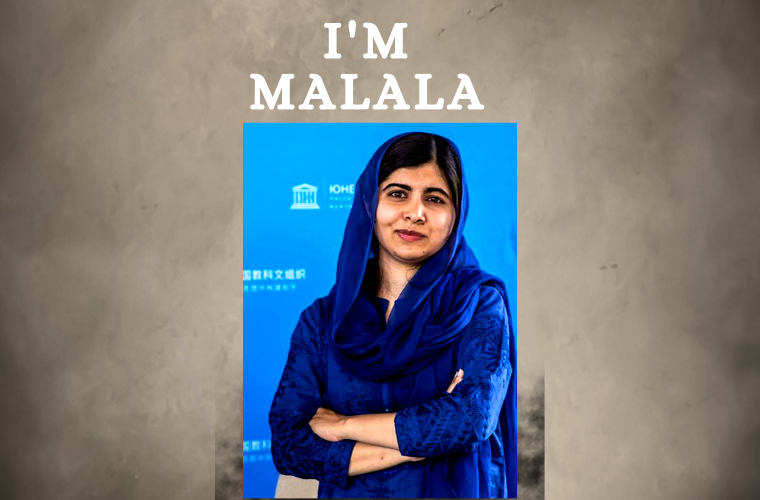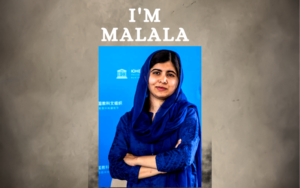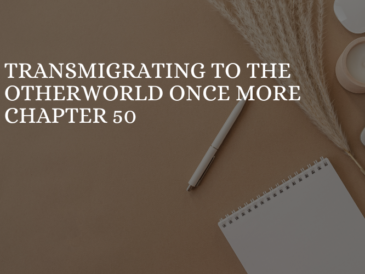Malala Yousafzai: The Life and Legacy of a Nobel Laureate
Malala Yousafzai is a Pakistani activist for female education and the youngest Nobel Prize laureate. She rose to prominence after surviving an assassination attempt by the Taliban in 2012. Malala’s story is a testament to the power of determination and resilience in the face of adversity.
In 2014, at the age of 17, Malala became the youngest person to receive the Nobel Peace Prize. She recognized for her advocacy for girls’ education and her courage in the face of violence. The prize helped to elevate Malala’s profile and bring attention to the issue of education in developing countries.
Today, Malala continues to be a powerful voice for education and human rights. She has established the Malala Fund, which supports education initiatives for girls around the world. Her legacy is an inspiration to millions, and her story serves as a reminder of the importance of standing up for what you believe in.
Malala Yousafzai is a true hero and an inspiration to us all. Her dedication to education and human rights has made a significant impact on the world. We can all learn from her courage and determination, and strive to make a difference in our own communities.
Summary “I Am Malala”
“I Am Malala” is a memoir written by Malala Yousafzai. The youngest Nobel Prize laureate and a prominent activist for girls’ education. The book chronicles Malala’s childhood in the Swat Valley in Pakistan and her journey to becoming a global advocate for education and women’s rights.
Despite the Taliban’s opposition to girls’ education, Malala continued to attend school and became an outspoken advocate for education rights. Her activism gained international attention when she survived a targeted assassination attempt by the Taliban in 2012.
“I Am Malala” is an inspiring and powerful account of Malala’s story, shedding light on the struggle for girls’ education and women’s rights around the world. The book highlights the important role that education plays in empowering individuals and communities, and it is a must-read for anyone interested in the fight for gender equality.
The book has received widespread critical acclaim for its powerful message and moving storytelling. It has been translated into over 40 languages and has become a global bestseller. Malala’s story has inspired people around the world and has brought attention to the need for greater education opportunities and gender equality.
In summary, “I Am Malala” is a remarkable book that provides a unique and insightful perspective on the struggle for girls’ education and women’s rights. Malala’s story is a testament to the power of education and the resilience of the human spirit in the face of adversity.
The Story Behind “I am Malala”: A Tale of Resilience and Courage
“I am Malala” is a book that tells the inspiring story of Malala Yousafzai, the Pakistani activist for female education who survived an assassination attempt by the Taliban in 2012. The book, which was co-written by Malala and Christina Lamb, tells the story of Malala’s life before and after the attack.
The book begins with Malala’s childhood in the Swat Valley, where she grew up in a family that valued education and activism. Malala’s father, Ziauddin Yousafzai, was a prominent advocate for education, and he encouraged Malala to speak out against the Taliban’s ban on girls’ education.
In 2012, Malala was shot in the head by a member of the Taliban while she was on her way to school. She was airlifted to a hospital in the UK, where she received life-saving treatment. After her recovery, Malala became an even more vocal advocate for education and human rights.
“I am Malala” is a powerful book that tells the story of one girl’s fight for education and the impact that she has had on the world. The book has been widely acclaimed and has been translated into more than 40 languages.
The book has also inspired a number of initiatives and organizations that aim to promote education and human rights around the world. The Malala Fund, for example, has raised millions of dollars to support education initiatives for girls in developing countries.
Malala’s Fight for Education: Advocacy and Activism
Malala Yousafzai has been a vocal advocate for education and human rights since she was a young girl growing up in Pakistan. She first gained international attention in 2009. When she wrote a blog for the BBC about life under Taliban rule in the Swat Valley.
In the blog, Malala spoke out against the Taliban’s ban on girls’ education and called for the right of all children to attend school. Her blog brought her to the attention of the international community and made her a target for the Taliban.
In 2012, Malala was shot in the head by a member of the Taliban while she was on her way to school. The attack only strengthened her resolve to fight for education and human rights.
After her recovery, Malala became an even more vocal advocate for education. She has spoken at the United Nations and has met with world leaders to promote education initiatives around the world. In 2013, she founded the Malala Fund, which supports education initiatives for girls in developing countries.
Furthermore, Malala’s activism has had a significant impact on the world. She has been recognized with numerous awards, including the Nobel Peace Prize in 2014. Her advocacy has helped to raise awareness of the importance of education and the need to support initiatives that promote access to education for all.
In conclusion, Malala Yousafzai’s fight for education is an inspiration to us all. Her advocacy and activism have made a significant impact on the world, and her story serves as a reminder of the power of one person to effect change. We can all learn from her courage and determination, and strive to make a difference in our own communities.
Malala’s Fight for Education: Advocacy and Activism
Malala Yousafzai is a Pakistani activist who has become a powerful voice for education and human rights around the world. Her fight for education began when she was just a young girl growing up in the Swat Valley of Pakistan.
In 2009, Malala began writing a blog for the BBC about her experiences living under Taliban rule in the Swat Valley. Her blog, which written under a pseudonym, gained international attention and made her a target for the Taliban.
Despite the danger, Malala continued to speak out for the right of all children to attend school. In 2012, when she was just 15 years old, Malala was shot in the head by a Taliban gunman while she was on her way to school.
After recovering from the attack, Malala became even more vocal in her advocacy for education. She founded the Malala Fund, which supports education initiatives for girls in developing countries. She has also spoken at the United Nations and met with world leaders to promote education and human rights.
However, Malala’s activism has had a significant impact on the world. She has become an inspiration to millions of people around the world, and her advocacy has helped to raise awareness. The importance of education and the need to support initiatives that promote access to education for all.
In last, Malala Yousafzai’s fight for education is a testament to the power of one person to effect change. Her courage and determination in the face of adversity have inspired people around the world. To take action and make a difference in their own communities.




